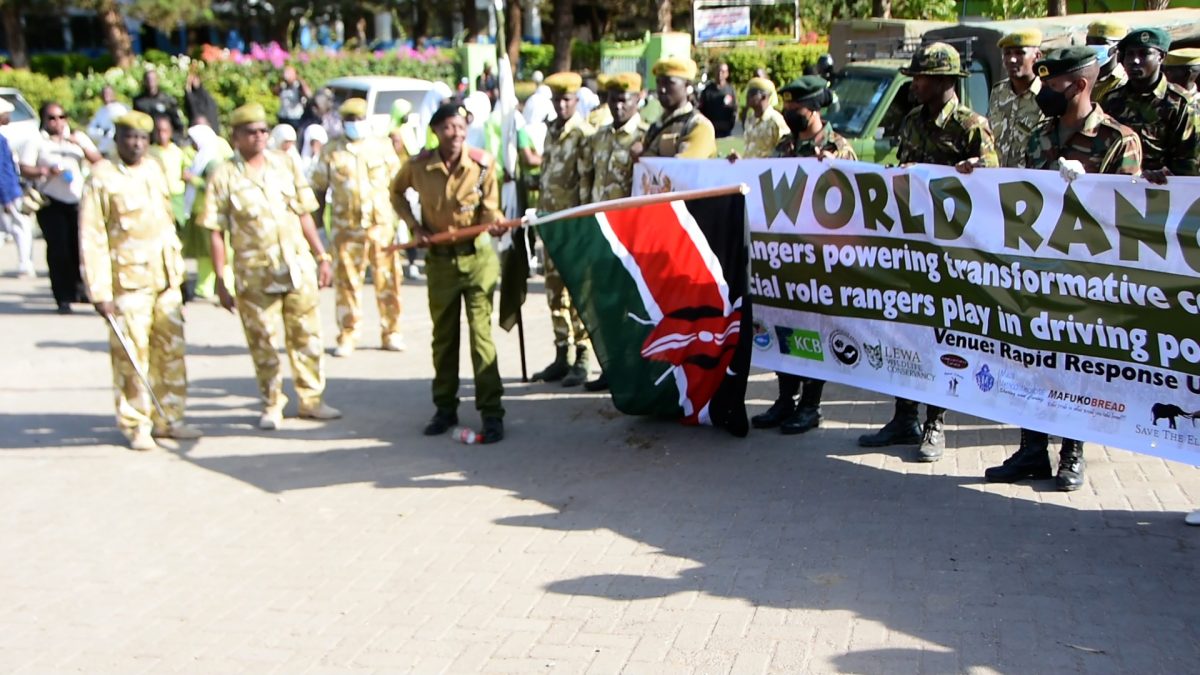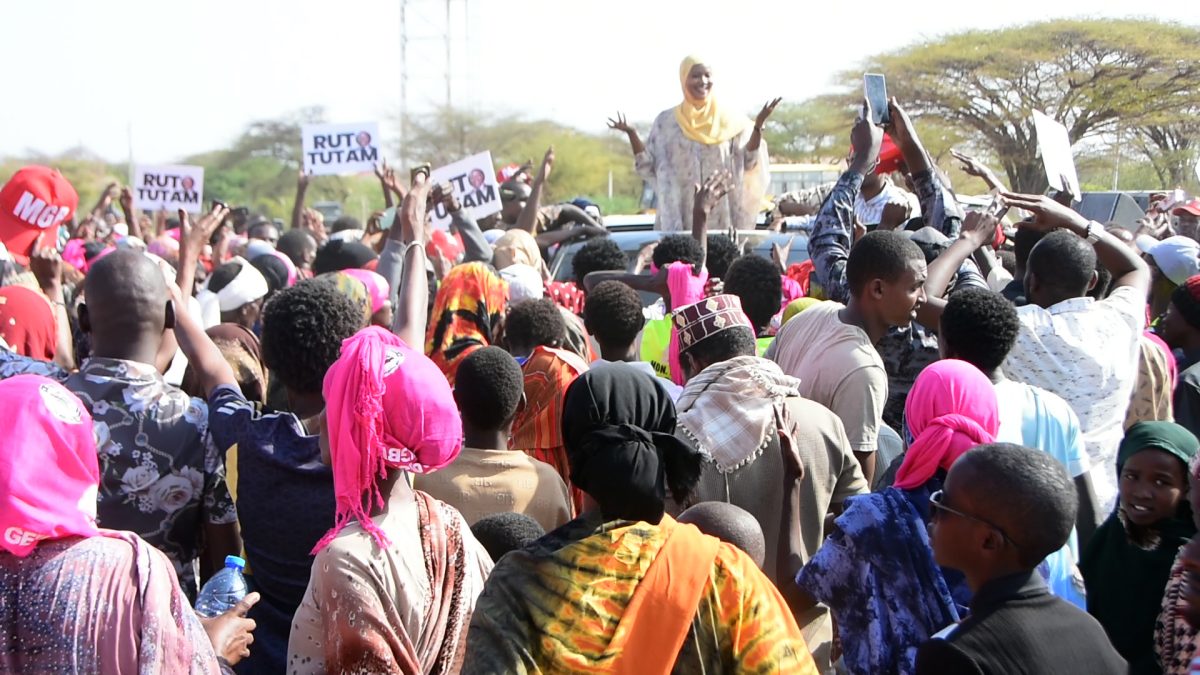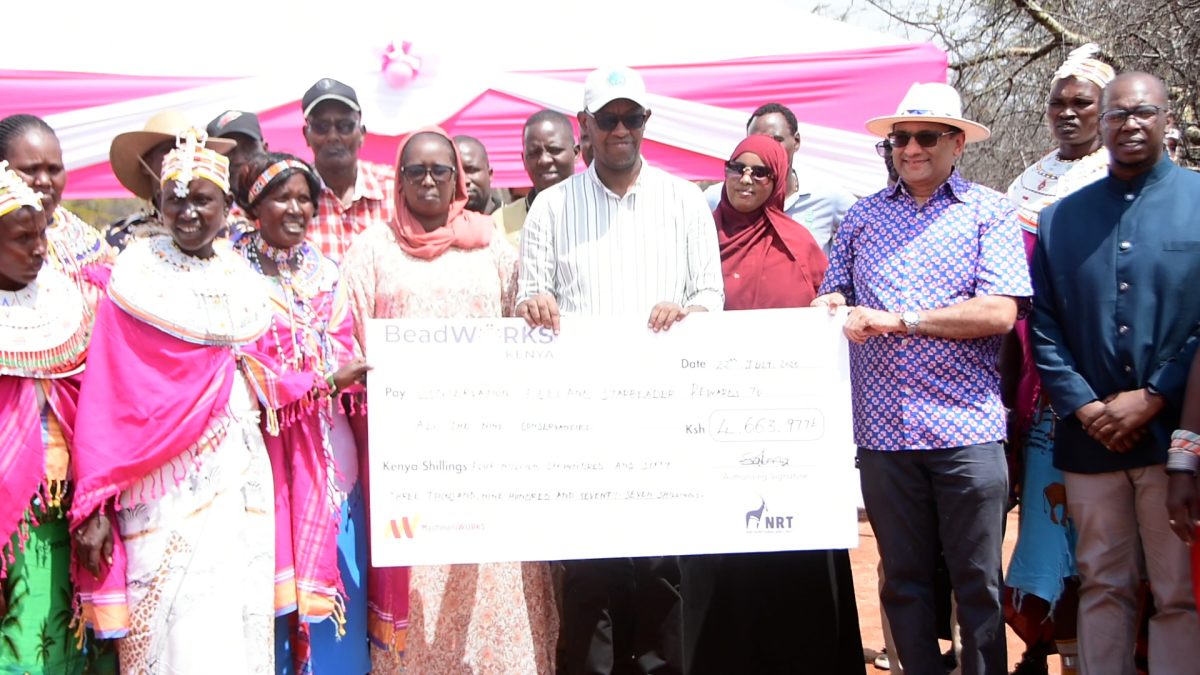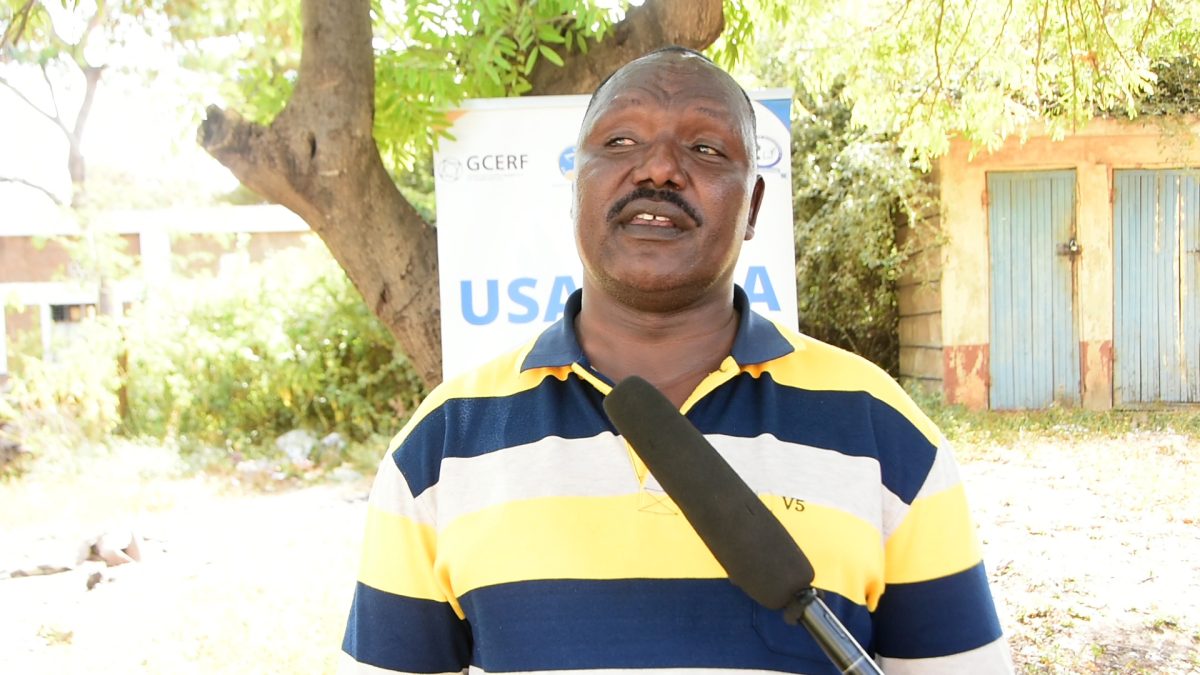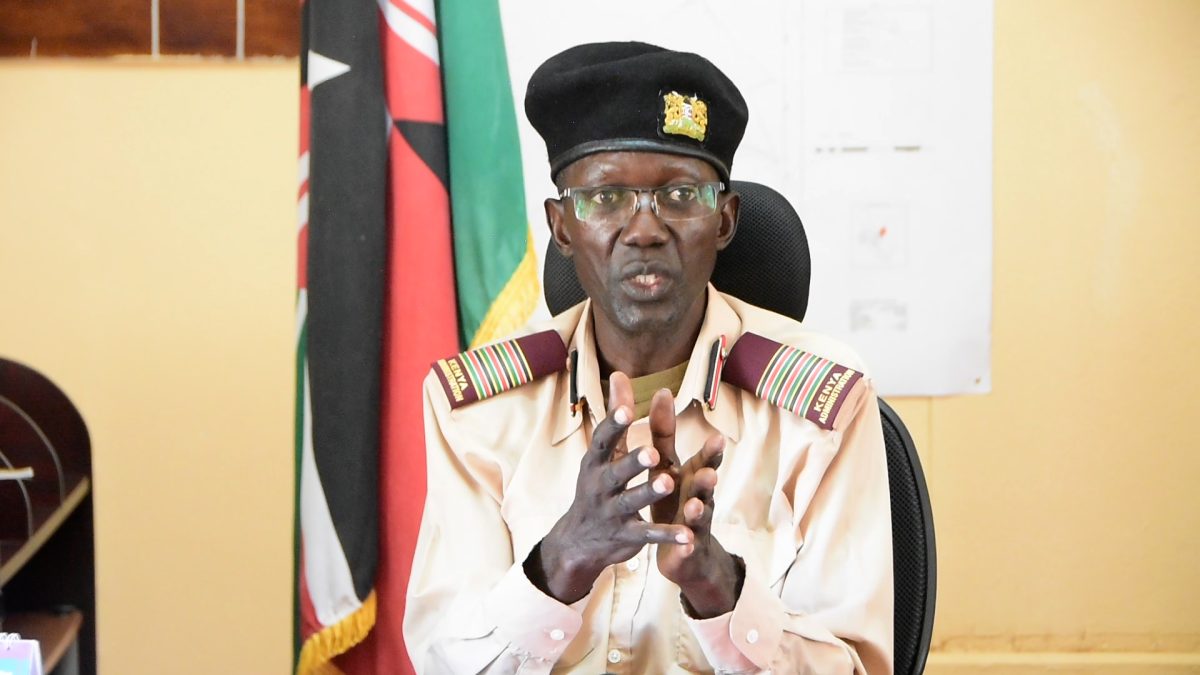Alternative Justice Systems: Strengthening Peace and Security in Isiolo
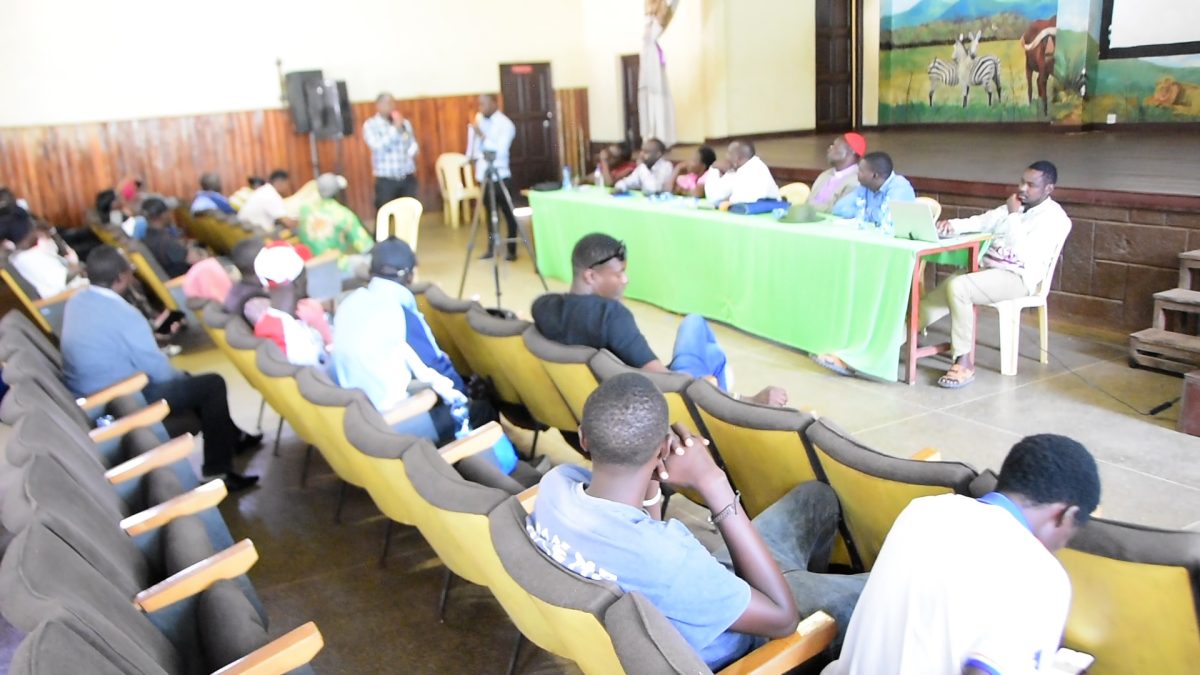
Alternative Justice Systems (AJS) continue to gain recognition as an effective approach to addressing land disputes, resource-based conflicts, and inter-communal tensions in Isiolo County.
This was underscored during a two-day series of community radio dialogues hosted by Radio Angaf and Radio Shahidi, both focusing on peacebuilding, security, and conflict resolution.
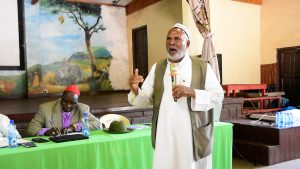
The event, supported by the Kenya Community Media Network (KCOMNET), highlighted the critical role of community media in fostering peace and dialogue at the grassroots level.
Residents, local leaders, and stakeholders engaged with media professionals and peace experts to explore localized strategies for conflict management and social cohesion.
The panel featured representatives from the National Police Service, human rights organizations, the National Land Commission, and the Water Resources Management Authority (WARMA) and AJS board members from different communities.
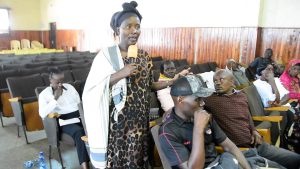
Audience members—mobilized from the stations’ listenership—actively participated by raising questions and sharing perspectives on prevailing security challenges in their communities.
Chief Inspector Julius Mutabari of the Peace Corps emphasized the increasing adoption of AJS by the police service to resolve disputes. He noted that AJS provides a more community-friendly “soft approach”, and participatory alternative to the traditional policing enforcement methods.
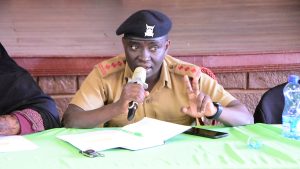
“AJS is helping us resolve both intra-community conflicts and persistent inter-community issues like cattle rustling and land disputes,” Mutabari said. He praised peace committees and elders for their critical role in facilitating dialogue and reconciliation, especially in previously volatile areas such as the Isiolo borders with Wajir, Marsabit, Samburu, and Laikipia.
He added that conflicts over natural resources—particularly water and grazing lands—are gradually decreasing thanks to the implementation of Alternative Dispute Resolution (ADR) mechanisms, by elders from warring communities leading to fewer violent incidents.
Ahmed Set, a board member of the National AJS Steering Committee, affirmed that AJS has now been formally embraced in resolving land-related conflicts. He noted that environmental court judges have been sensitized on the value of incorporating AJS into the broader justice system.

“Elders bring deep historical knowledge and an understanding of local customs, which makes them particularly effective in land dispute mediation,” Set explained. He also highlighted that AJS offers an accessible and affordable option for individuals who lack the resources to pursue formal legal proceedings.
Ambassador Bishop Stephene Kalunyu, Chairperson of the Ameru AJS Committee at the Isiolo Law Courts, stressed the pivotal role AJS has played in resolving land disputes—one of the region’s leading causes of insecurity. According to Kalunyu, approximately 10% of the more than 500 cases resolved through AJS have been land-related, with elders and mediators recording high success rates in helping parties reach amicable solutions.
Kalunyu urged the broader use of AJS to resolve communal land disputes, such as those involving residents of Ngaremara and Burat wards against the Kenya Defence Forces (KDF), which have remained unresolved in the formal court system for years. He encouraged the public to place more trust in AJS, highlighting its timeliness and the elders’ deep understanding of local histories as key assets in conflict resolution.
Joyce Nailesiae, Chairlady of the Samburu Council of Elders, criticized the National Land Commission for its lack of direction in resolving ongoing land disputes involving KDF and local communities. She appealed to the commission’s representatives to expedite efforts toward providing a clear and fair resolution pathway.
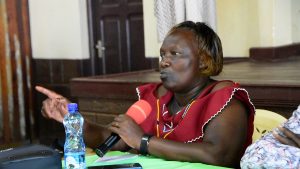
Despite the encouraging progress, human rights advocate Anab Kassim voiced concerns about threats that risk undermining gains made through AJS. She cited the proliferation of illegal small arms and the growing commercialization of cattle raiding as major obstacles.
Kassim warned that criminal groups exploiting ethnic tensions to steal livestock are becoming increasingly organized and emboldened. “These actors are known in the region and, alarmingly, some have infiltrated security agencies,” she said, calling out the government’s slow response in curbing these criminal networks.
She cautioned that failure to dismantle these groups could erode the achievements of community-led justice systems like AJS.
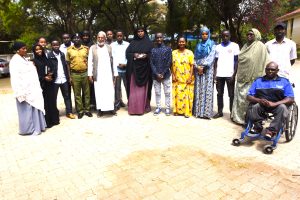
The radio dialogues did reaffirm the transformative potential of Alternative Justice Systems in enhancing peace and justice in Isiolo. However, stakeholders agreed that the continued success of AJS will require concerted efforts to address organized criminal activity, strengthen public trust, and deepen collaboration among communities, law enforcement, and state institutions
